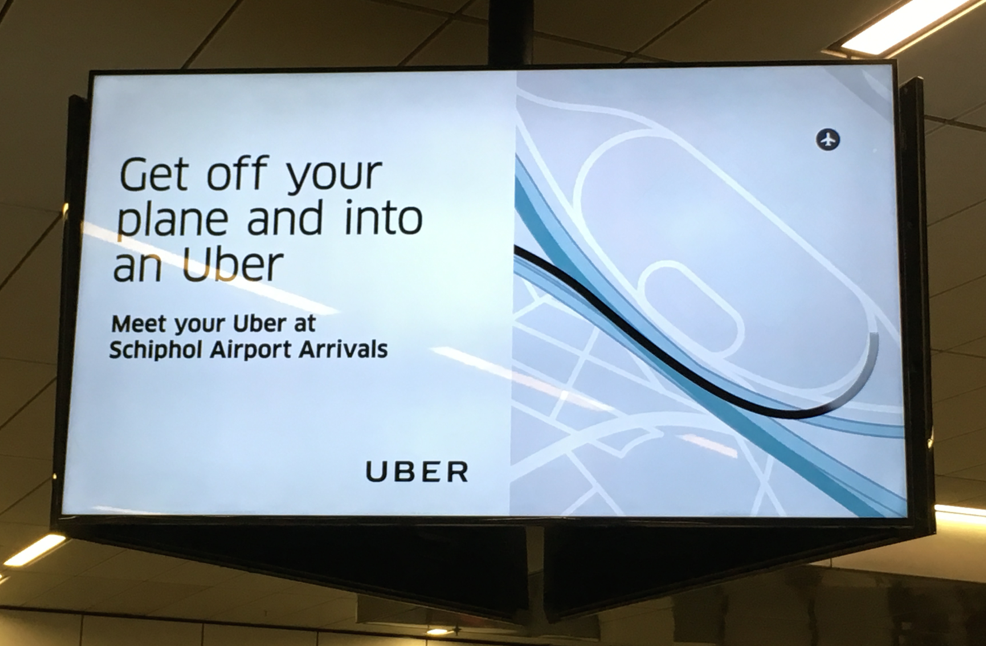Dutch anti-corruption law needs shaking up, prosecutors say

Dutch anti-corruption law needs to be amended to make it easier to prosecute public officials, the public prosecution department and national police force have told the justice ministry.
In particular, there needs to be a better focus on “trading in influence”, which is not specifically mentioned in Dutch law as it now stands, officials say.
Officials began looking into the issue as part of a police investigation into possible corruption involving former EU commissioner Neelie Kroes and the tax office by US taxi company Uber, the Financieele Dagblad reported on Tuesday.
That investigation was halted in December due to a lack of evidence that “services were provided in exchange for a gift”, a spokesman told the paper. This prompted the police and prosecution department to call for changes in the law because of the difficulty in proving corruption in certain cases.
The recent corruption case against The Hague politician Richard de Mos was also dismissed for similar reasons.
The Netherlands is the only country in Europe where “trading in influence” is not a criminal offence despite its inclusion in UN and Council of Europe treaties.
The EU is currently working on its own guidelines, and a spokesman for the justice ministry told the FD that once they have been adopted, officials will assess whether they can be applied to Dutch law.
Kroes told the paper she had not been questioned by officials and was not aware of the investigation, which began in December 2023 when the EU anti-corruption agency Olaf concluded she had not breached any EU laws with her work for the taxi firm.
She had lobbied on behalf of Uber in 2015 and 2016 when she was “special representative” for Dutch innovation agency Startupdelta, and in 2016 accepted a paid position with the company.
Uber whistleblower and former lobby chief Mark MacGann told Dutch MPs in 2023 that the company’s European headquarters in the Netherlands received “immoral and unethical tax advantages” and described the tax office as “extremely cooperative and open”.
The tax office has always denied that Uber received special treatment.
NRC, Trouw, Het Financieele Dagblad, and Platform Investico were all involved in the research.
Thank you for donating to DutchNews.nl.
We could not provide the Dutch News service, and keep it free of charge, without the generous support of our readers. Your donations allow us to report on issues you tell us matter, and provide you with a summary of the most important Dutch news each day.
Make a donation